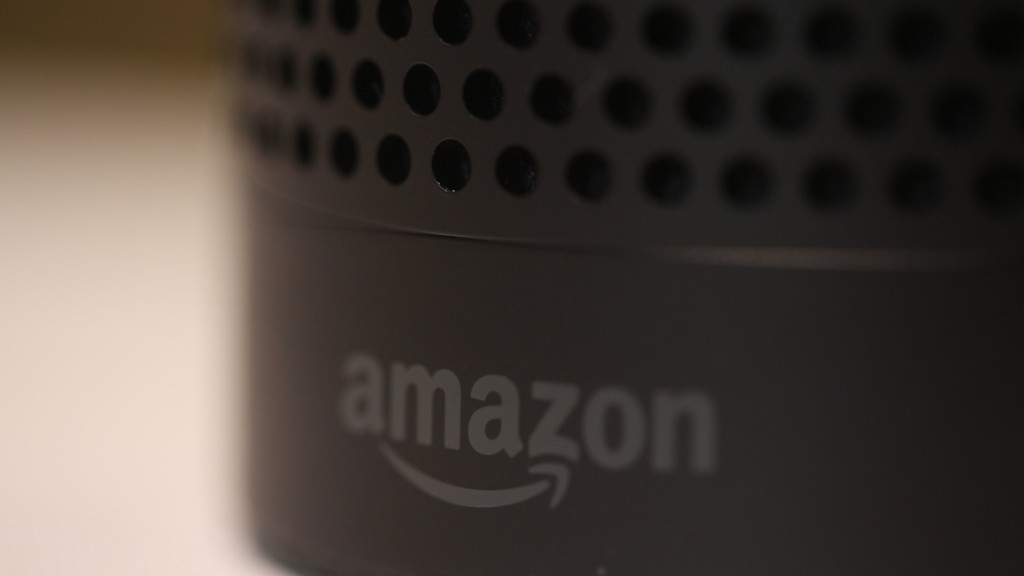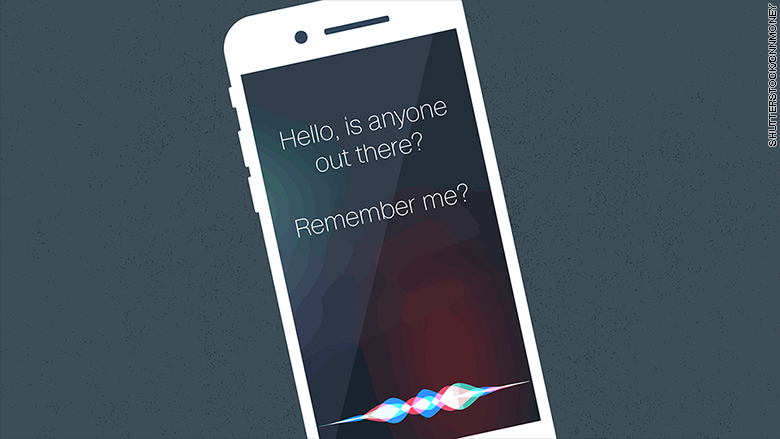
Siri does not play well with others.
You can launch Spotify, but you can't ask it to play a song. You can schedule an appointment, but you can't call an Uber to get there. The voice assistant has spent the last five years locked away inside Apple's ecosystem, unable to integrate with the 1.5 million apps in the App Store.
At first it didn't really matter. When Apple acquired Siri and released it in the iPhone 4S, it was the only game in town. The fact that you could just ask your phone a question and get back a useful answer or sassy joke was a wonder.
But in the years since its splashy debut, Siri has gone from cutting-edge to a runner-up in the field it practically created. A recent increase in competitors, including one very chatty Amazon speaker, have made Siri's tricks seem stale.
Related: Even virtual assistants are sexually harassed
On Monday, Apple (AAPL) is expected to finally announce that it is opening Siri up to third-party developers. It's a necessary move to grow the tool, and one Apple could have made years ago instead of playing catch up with Amazon's Echo.
A recent study by Creative Strategies showed that people still mostly use Siri to for the same basic tasks it launched with in 2011: searching the internet, getting directions, and calling or texting someone. Giving Siri a software development kit would inject new blood into the assistant.
App integration is vital, but it's not the only place where Siri needs to improve, according to Oren Etzioni, CEO at the nonprofit Allen Institute for Artificial Intelligence. It also needs to work on things like its level of understanding and ability to hold a back-and-forth conversation.

Related: Which tech company has the best digital assistant?
Apple's legendary culture of secrecy may be preventing it from retaining the best artificial intelligence talent.
"Apple has clearly had problems recruiting the very top notch people in artificial intelligence and natural language processing," said Etzioni, who has worked in AI for more than 25 years. "Often the best and the brightest want to be able to publish and show their stuff."
Apple isn't just competing with big companies like Google (GOOGL) and Microsoft (MSFT) for AI talent. Facebook (FB) is investing big for tools like its text-based bot assistant M, and it has a dedicated AI research laboratory.
There are also numerous new virtual assistant startups backed by industry veterans. Original Siri cofounder Dag Kittlaus recently launched Viv.ai. During a demo of Viv, Kittlaus touted its ability to work with outside sites and services as one of its most promising features.
And of course there's Amazon (AMZN). The Echo came seemingly out of nowhere and, thanks to its open platform, has more than 1,000 third-party integrations. You can call an Uber, order tulips on 1-800-Flowers, check your balance on Capital One, and play NPR.
Related: The robotic personal assistant that just got $23M
Apple is expected push Siri hard at WWDC. In addition to opening it up, the company will likely finally bring it to Macs. If Apple decides to make its own standalone speaker down the line, it would benefit from a greatly expanded Siri. Allowing Siri to integrate with apps could also open up important revenue streams for Apple.
Apple isn't the only one playing catch up. Last month Google announced that it's working on an Echo competitor called Home, and said it will open up the speaker to third-party developers sometime in the future.
Siri already has a huge user base thanks to the popularity of the iPhone. Even with a late start, it could become the best virtual assistant around again, as long as Apple doesn't stand in its way.
"While Apple is probably the world's most amazing company at shipping devices ... they haven't shown themselves to be world class or particularly agile at services," said Etzioni.

